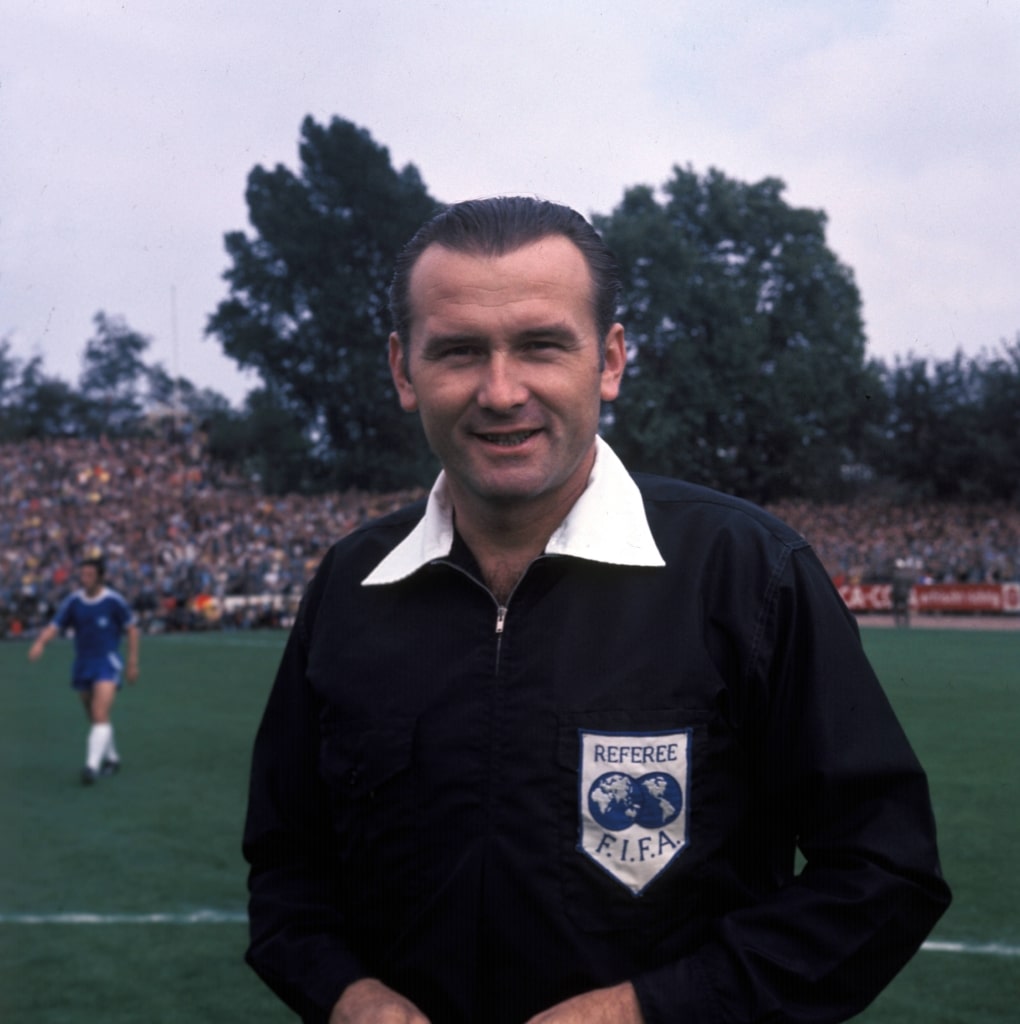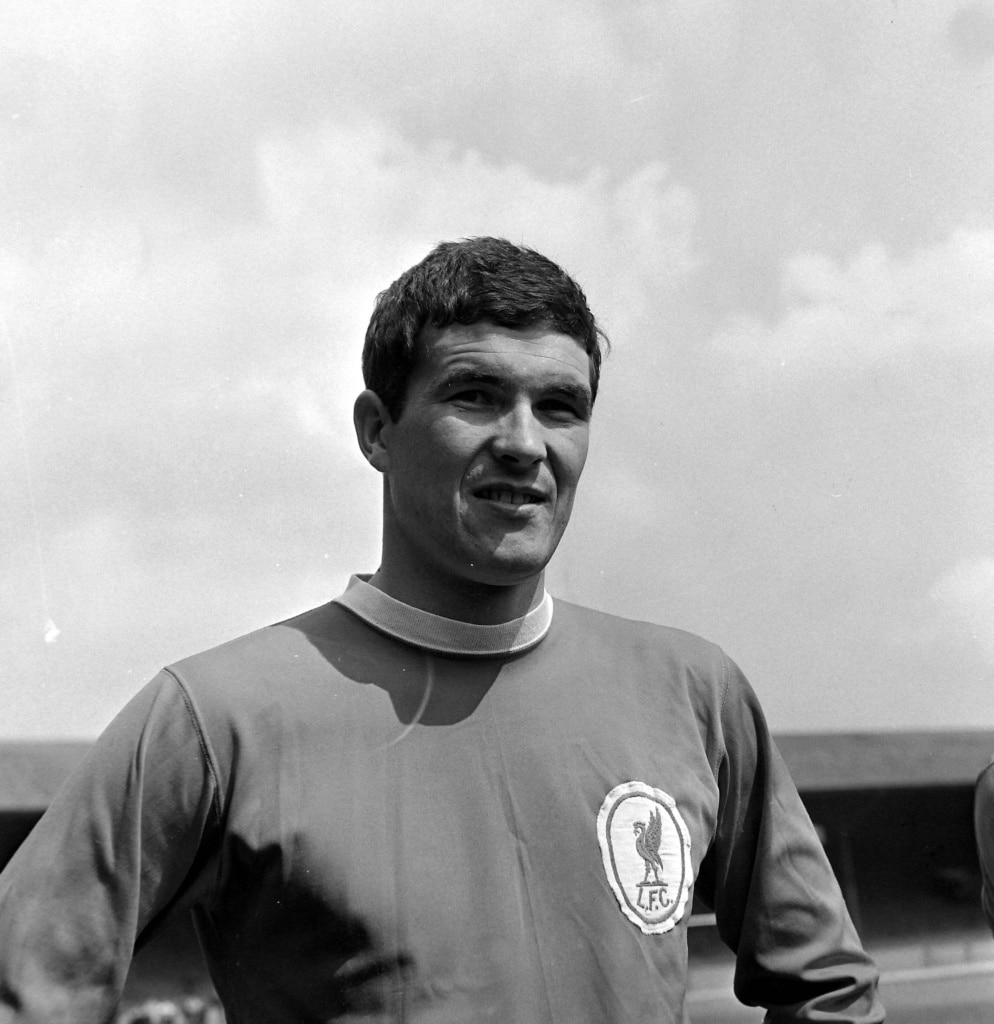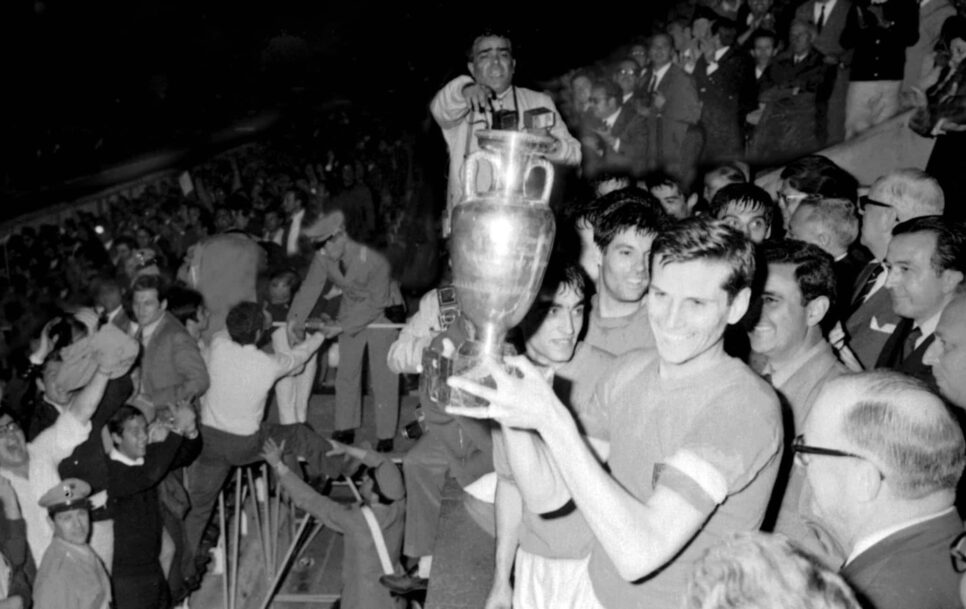Iconic EURO moment: a coin toss ended Italian football’s drought
Have you ever flipped a coin to make a decision? Believe it or not, this simple method once played a crucial role in the European Football Championship, determining which team would advance to face Yugoslavia in the final.
In 1968, the European Championship was held for only the third time, and unlike today, the best teams were determined through a final four tournament. This took place in Italy, with the Soviet Union, England (the World Cup winners from two years earlier), and Yugoslavia joining the hosts in the top four.
Italy faced the Soviet Union in the semifinals. The match in Naples was played under heavy rain, and neither team scored during regular or extra time. Italy had to hold out for most of the game with ten players, as their star, Gianni Rivera, was injured in the fifth minute, and substitutions were not allowed in the European Championship at that time.
Since the penalty shootout was introduced to the tournament only in 1972, a different method was needed to decide the finalist.
No time for a replay
The most logical solution would have been a replay, but there was no time for that as the final was scheduled for three days later. Thus, the finalist had to be determined by a coin toss, which took place not on the field but in referee Kurt Tschenscher’s dressing room. To ensure fairness, both team captains, Italy’s Giacinto Facchetti and the Soviet Union’s Albert Shesternyov, accompanied him.

According to left-back Facchetti, his teammate Tarcisio Burgnich asked who would pick head or tails. Hearing the captain’s name, Burgnich commented that the semifinal was over because “Facchetti is a lucky man.”
Different sources provide varying accounts of who exactly went to the referee’s room. Facchetti recalled that each captain was accompanied by a representative from their delegation. There are also reports that the Soviet Union’s head coach Mikhail Yakushin and striker Aleksandr Lenyov were present, with Lenyov later remarking he had no idea how he ended up there.
Accounts also differ regarding what happened in the dressing room. Some say Tschenscher asked Facchetti directly which side of the coin he wanted to choose, while others claim the German referee asked in English whether it would be heads or tails, but Shesternyov did not understand the question, after which Facchetti quickly made his pick.
One thing is for sure – Italy’s captain took tails, and when Tschenscher’s coin landed, Italy’s victory celebration began, as Facchetti’s choice was correct!
Reaching the final was significant for Italy not just because the tournament was held at home. The 1934 and 1938 World Cup champions had not reached a major tournament final for 30 years, so the joy of the 68,000 spectators in the stadium and the entire country was immense.
The final took place as three days later, but during the semifinal, no one knew that one match would not be enough to determine the European champion. Italy and Yugoslavia drew 1-1 in the first match and had to meet again two days later. The hosts won the rematch 2-0 at Stadio Olimpico, earning their first European Championship title, a feat they repeated only in 2021.
Draw, draw, draw
Of course, matches ended in draws long before the International Football Association Board (IFAB) gave the green light to the penalty shootout in 1970. Coin tosses were not the only strange solutions used before IFAB came to their senses, as in the early 1920s, the number of corner kicks was used to determine the winner in some charity matches if the game ended in a draw.
Replays were most commonly used to decide the winner, but even they were not always effective. In the 1964/65 season, Liverpool and Cologne met in the quarterfinals of the predecessor of the Champions League, playing three times. After two 0-0 draws, the deciding game in Rotterdam ended 2-2.
Since nothing could separate the two sides, a coin toss was needed once again. Liverpool captain Ron Yeats and his Cologne counterpart Wolfgang Overath tried their luck in the center circle. Belgian referee Robert Schaut tossed the coin, but it got stuck in the divot.
“I told the referee he had to toss the coin again,” recalled Yeats. “I thought the German captain would beat him because he was going crazy, as the coin was falling their way. But Schaut picked up the coin and did a re-toss.”
This time, luck smiled on Yeats and Liverpool, who advanced to the semifinals against Inter Milan, which they lost 3-4. “We were coming off the pitch and who is standing there but manager Bill Shankly. I was first off the pitch, and he went, ‘Well done, big man. I am proud of you. What did you pick?’

“I said, ‘I picked tails, boss.’ I was waiting for the adulation, but he just went, ‘I would have picked tails myself,’ and walked away,” Yeats recounted.
Eleven years earlier, Spain and Turkey also had to play three times. In the qualifiers for the 1954 World Cup, Spain was better overall with a 4-2 aggregate over two matches, but since each team won one game, a playoff was necessary. That, of course, ended in a 2-2 draw.
The decisive match for a place in the World Cup was held in Italy, where the fate of the teams was decided by 14-year-old Luigi Franco Gemma. Allegedly the son of an Stadio Olimpico worker, his eyes were blindfolded and he drew lots. It was Turkey who booked their ticket to the tournament held in Switzerland.
Hopefully, football fans who consider the penalty shootout a complete lottery now realize that actual games of chance on the pitch ended more than half a century ago.
And although luck still plays a part in football, no finalist will ever again be determined in a manner better suited for a gambling den.






